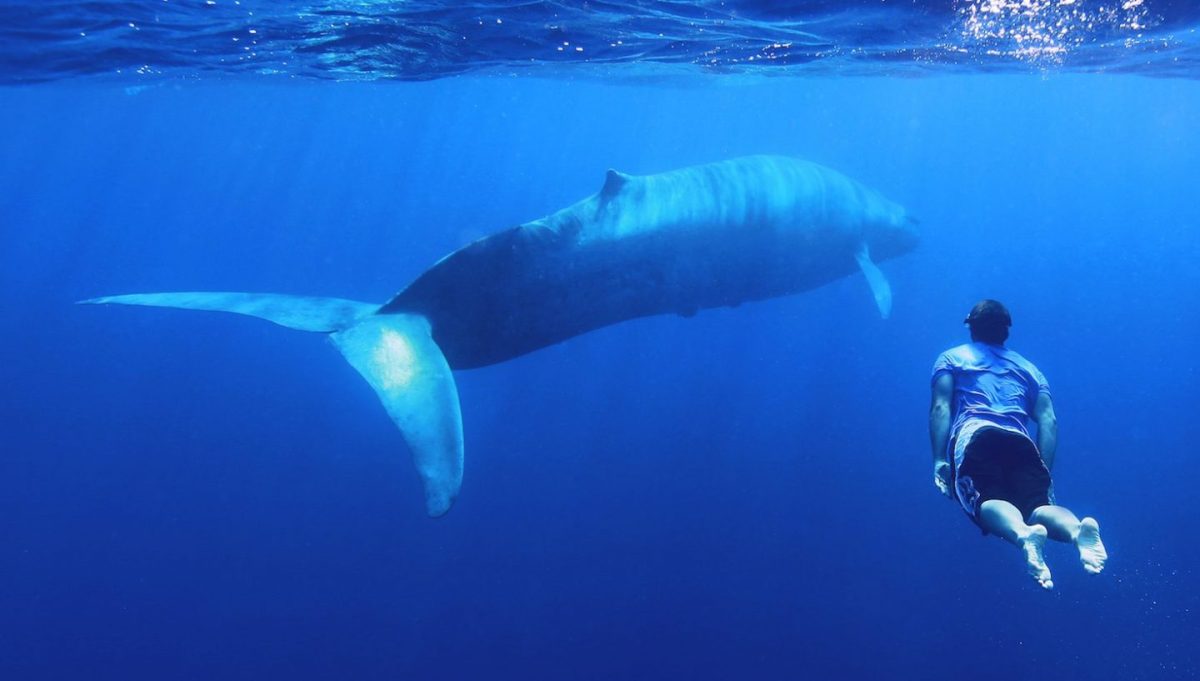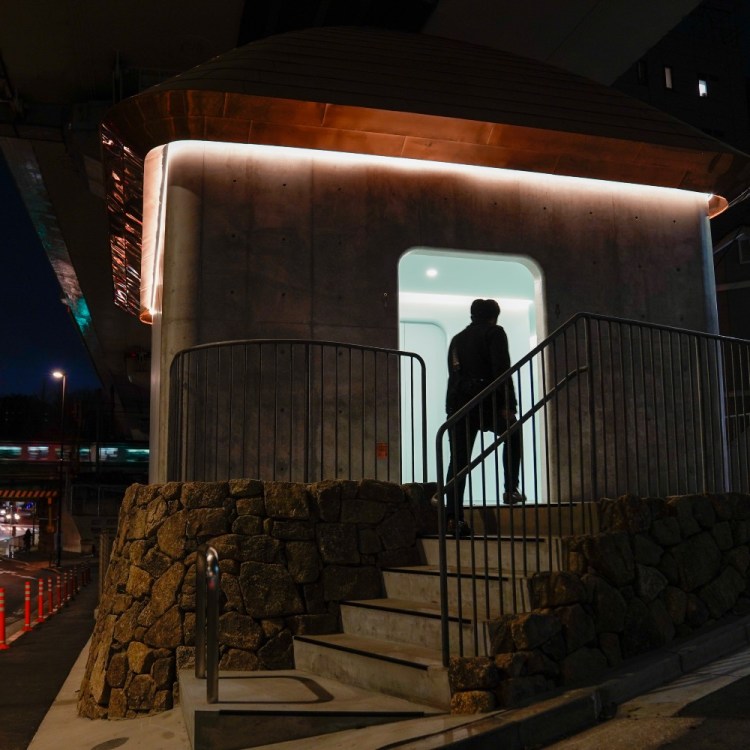Money can make for a potentially effective green policy. Especially when wealthy travelers are willing to spend on eco-tourism.
“We’re about right place, right time,” Will Bolsover, founder/managing director of Natural World Safaris, told RealClearLife. “People come to us because they want to see wildlife.”
Natural World Safaris does indeed let you encounter an incredible variety of creatures in an array of places—with options that range from tigers in Siberia to penguins in Antarctica. If one doesn’t mind getting wet, they can swim with sperm whales in Dominica or blue whales in Sri Lanka.
Bolsover notes Natural World Safari’s trips often aren’t about luxury: “There’s no point in putting [travelers] in a beautiful lodge where they see bugger all.” That doesn’t mean the trips come cheap. Some cost at least $40,000 and reach up to… well, whatever you’re willing to spend. (Bolsover says a majority of clients prefer a “bespoke” approach: “I have this much money and this many people and I want to go here.”)
Yet with great expense can come great benefits, because upscale travel has a ripple effect in the regions:
Locals need to make a living. Bolsover is a big believer in sustainable ecotourism and says all tour companies should strive to work with the “local population and indigenous guides.”
While noting travel companies often engage in “green washing” by spending more time talking about conservation that actually engaging in it, Bolsover still finds general improvement in the last decade: “Before it was Westerners coming in saying, ‘We want to save this forest, so you’re not allowed to farm there.’”
But this philosophy ignored that people still needed to make a living: “They’ve got to survive as well. The big switch in the last 10 years is conservation going, ‘We need to make this work for everyone involved.’ You’re not worried about a mountain gorilla if you’re trying to save your family.”
That’s the value of smart ecotourism: you provide people a financial incentive to preserve the environment.
Maximize revenue while minimizing impact. Natural World Safaris does not hunt: “We’re purely photographic-based safaris.” Yet Bolsover notes hunting can theoretically have a smaller impact than a photographic safari, provided it’s extremely carefully regulated and very expensive.
In general, limiting the number of people reduces the negative impact they have on the environment. As any Econ 101 student knows, one effective way to cut numbers is increase price. The result is…
A higher cost equals a higher quality experience. Bolsover says of Africa: “Botswana, you pay a lot more money than Kenya or Tanzania.” This allows “huge private concessions, with very limited lodges. Less vehicles, less footfall. You’re paying big bucks to get that access and that privilege.”
Elsewhere on the continent, things are more affordable: “In other areas in Africa, you’re not paying as much and there’s a lot more footfall, a lot more damage.” And this isn’t just about travelers getting bang for their travel buck, because…
Premium pricing can protect animals. In general, Bolsover says Botswana has proven a strong argument for higher costs: “The conservation and anti-poaching efforts in Botswana have been much more successful than other parts of Africa.”
In short, sustainable ecotourism is figuring out how to provide for local populations while minimizing environmental impact and still ensuring that companies can make a profit.
Which is not to say nature should only be for the rich. Bolsover declares, “Equally, you do want more people there, so more people understand it and there’s more understanding of the wildlife and conservation.”
Below, witness videos of two of Natural World Safaris most mind-blowing journeys.
This article was featured in the InsideHook newsletter. Sign up now.























